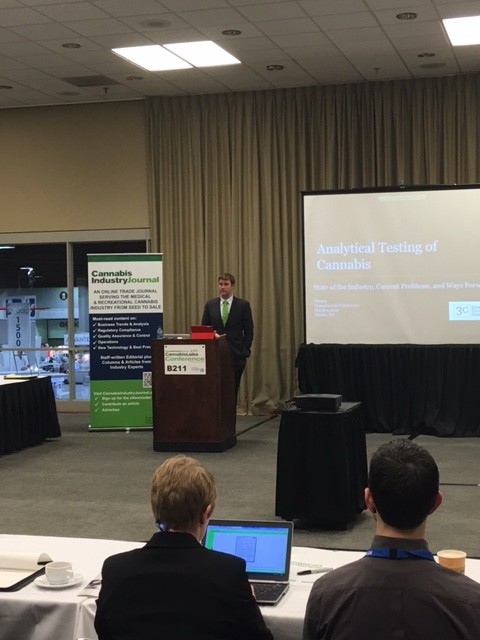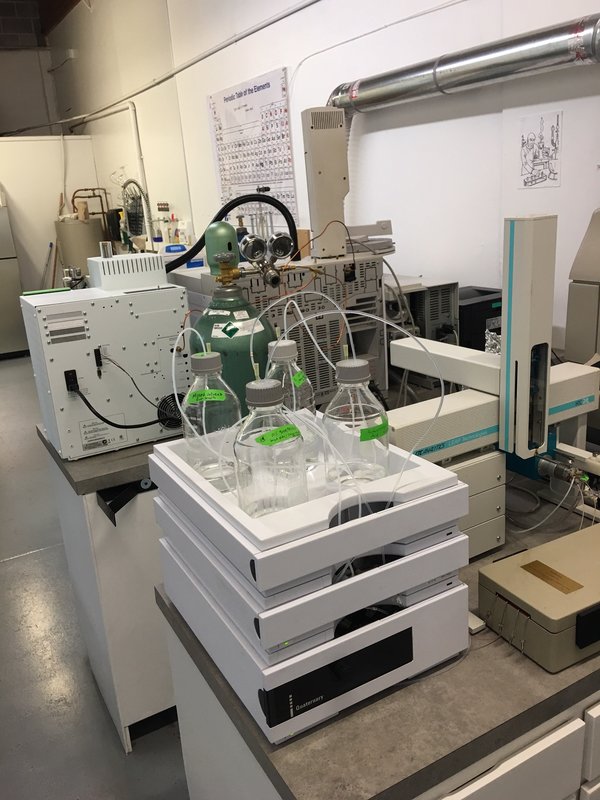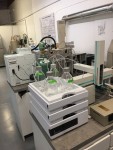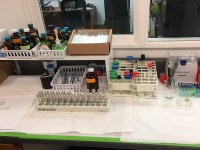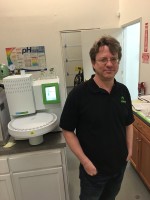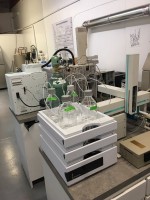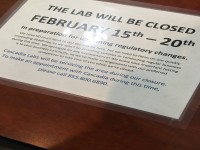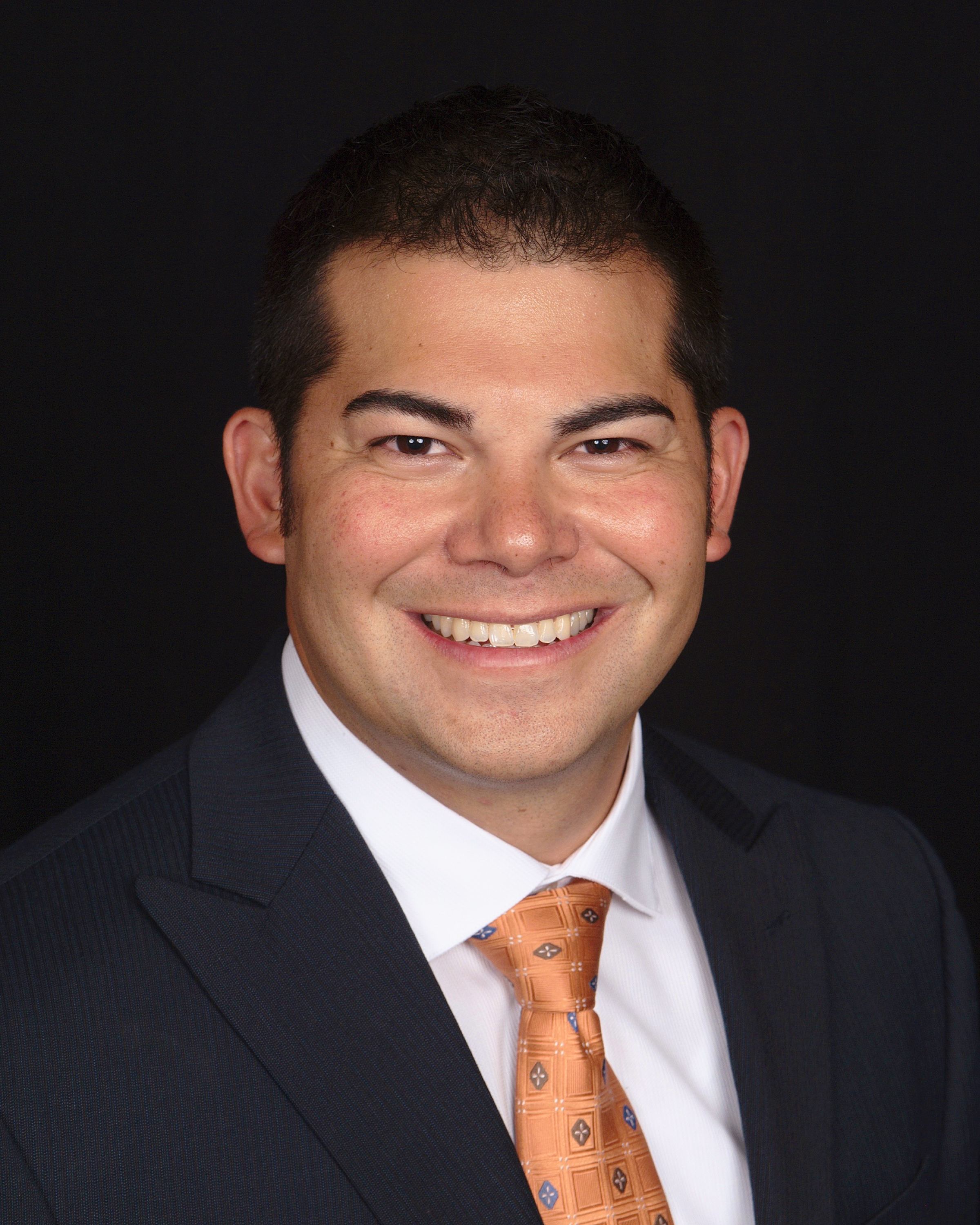Last week’s Pittcon, the world’s leading conference and expo for laboratory science, brought together thousands of laboratory equipment companies, scientists and laboratory professionals in Atlanta. This year’s meeting made history, as it featured Pittcon’s first cannabis conference.
Generating quite a bit of buzz at the show in Atlanta, the inaugural Cannabis Labs Conference brought Pittcon attendees, cannabis industry leaders and scientists together to discuss the changing landscape of cannabis testing, the need for standards and cannabis laboratory methods. The improvement of quality standards, outside industry expertise and noting the industry still has a long way to go were some of the themes that came out of the talks.

Nic Easley, chief executive officer of Comprehensive Cannabis Consulting (3C), delivered the keynote, addressing concerns over consumer safety and lab testing standards in such a fast-paced market. “What we need now are outside industry experts to help guide this industry with standards and proper analytics,” he said. “With increased efficiencies and competition in the cannabis marketplace, our ethics need to be called into question as the industry reaps its profits.”
Other highlights included the sharing of new validation methods. Scott Radcliffe, technical support scientist at Romer Labs, Inc., presented his findings on the validation of immunoassays for the detection of pathogens and mycotoxins in cannabis. Amanda Rigdon, applications chemist at Restek, Inc., also led a discussion on the opportunities and challenges for method validation in the evolving cannabis industry.
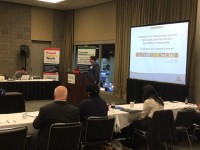
Rigdon provided a glimpse into the amount of work it takes for method validation. “You can have all of the regulations in the world but that does not guarantee that you will produce good data,” Rigdon said. “We need good science, which is lacking currently in the industry.”
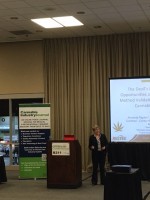
“We need to show proficiency with a standardized method and that comes through full validation which, requires a lot of money, time and work,” Rigdon added. These components of validation include accuracy, precision, recovery, selectivity, specificity and proper instrument calibration. “The bottom line is labs need a method that is reproducible and robust,” she said. Rigdon also shared her data from recent methods validation at a cannabis laboratory in Spokane, Washington.
Next year’s Cannabis Labs Conference is scheduled to take place in Chicago during the week of March 5, 2017. To hear more about the Cannabis Labs Conference, sign up for the CannabisIndustryJournal newsletter.

